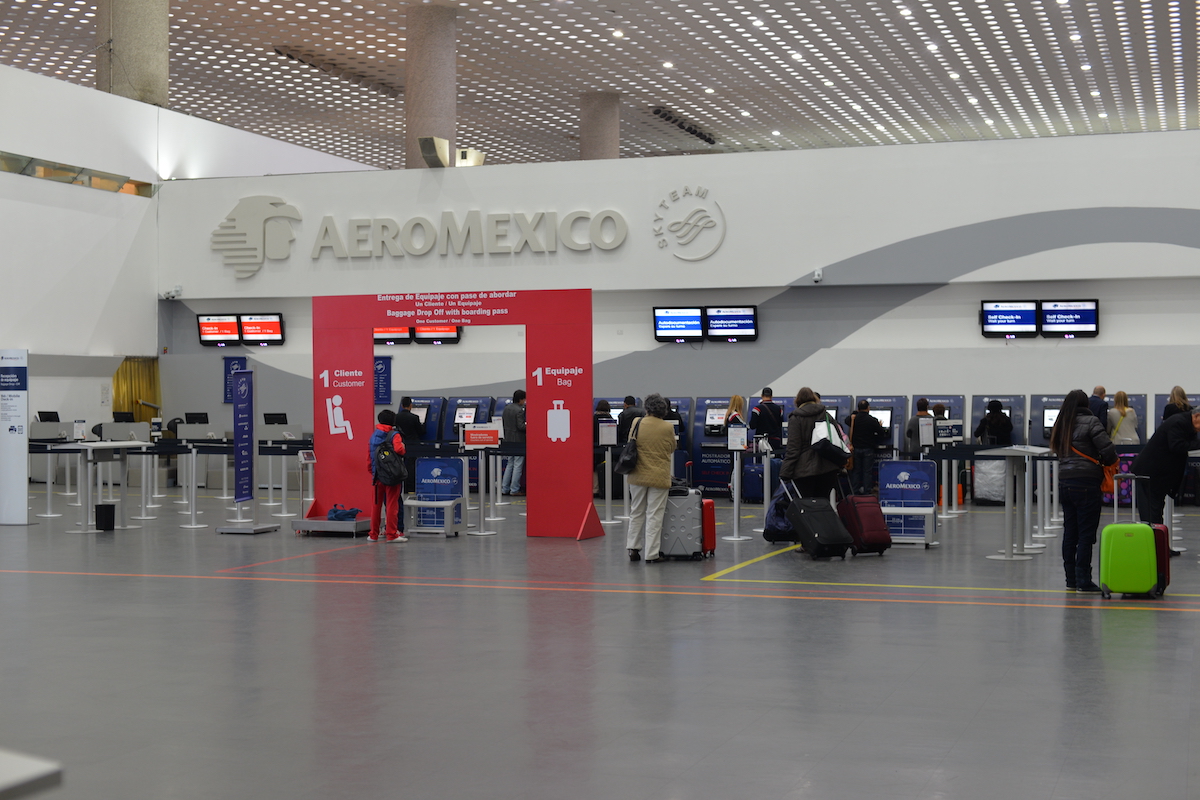Aeromexico to Buy Back Loyalty Program for $405 Million

Skift Take
Loyalty is big business for airlines, from retaining lucrative business travelers to earning big bucks from credit card partnerships. Aeromexico is the latest airline to take full control of its loyalty program with plans to buy out investor Aimia.
Loyalty is big business for airlines, not least when it comes to retaining the lucrative corporate travelers that so many rely on for their financial well-being. With this in mind, Aeromexico has reached a deal with Aimia to bring its loyalty program, Club Premier, back under its full control.
The Mexico City-based carrier will pay Aimia $405 million to acquire the company’s 48.9 percent stake in PLM Premier, which owns Club Premier, the parties said Tuesday. If approved by regulators, the deal would give Aeromexico full control of the loyalty program that boasted 6.7 million members in 2020 that, according to a PL
